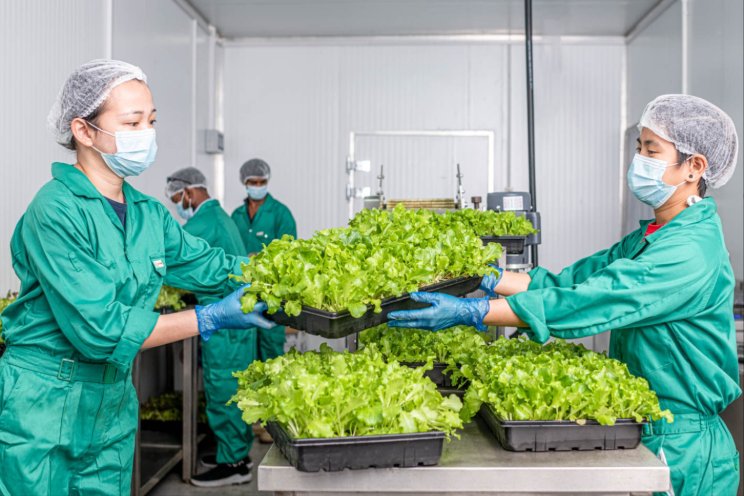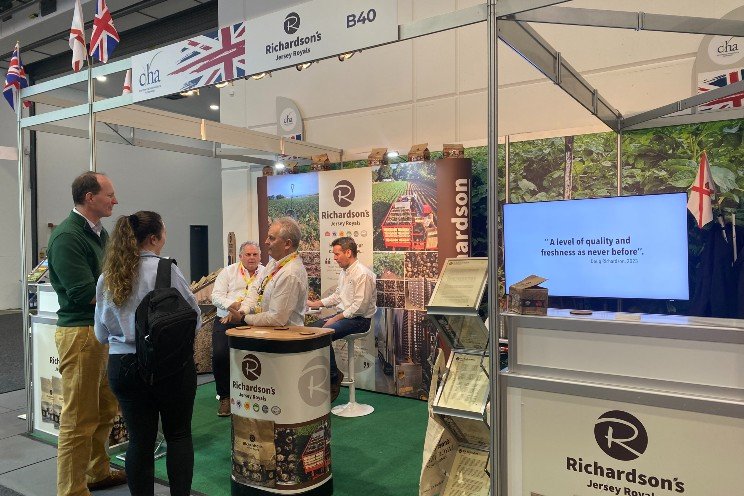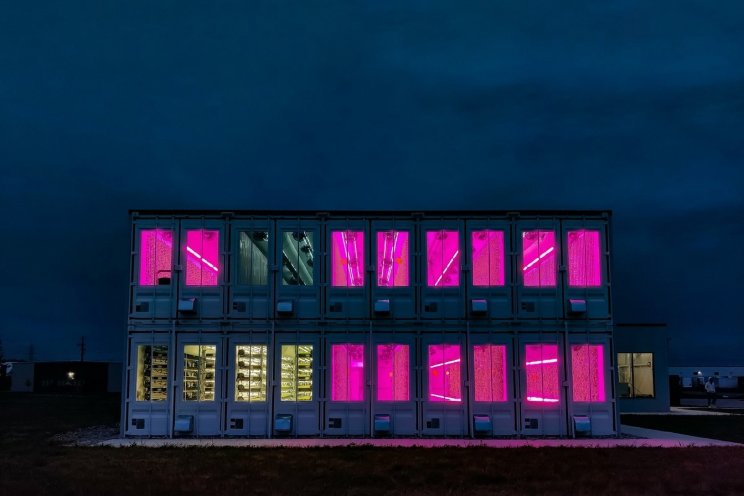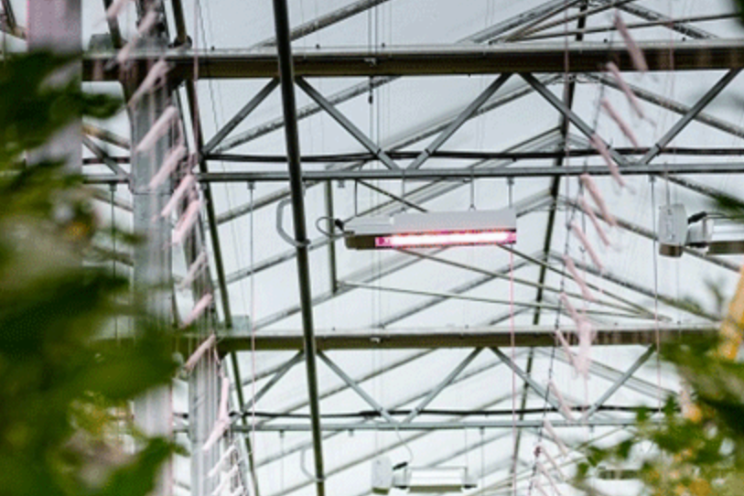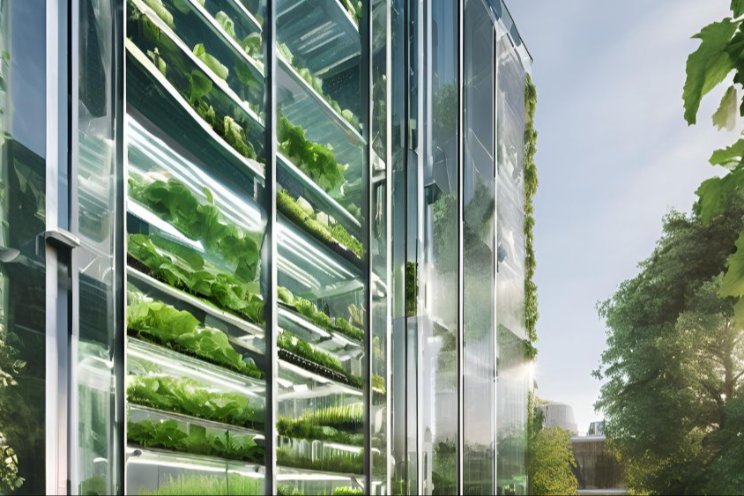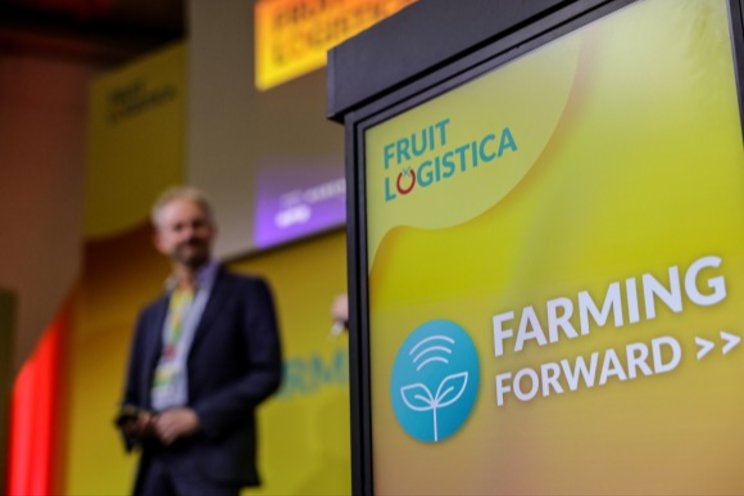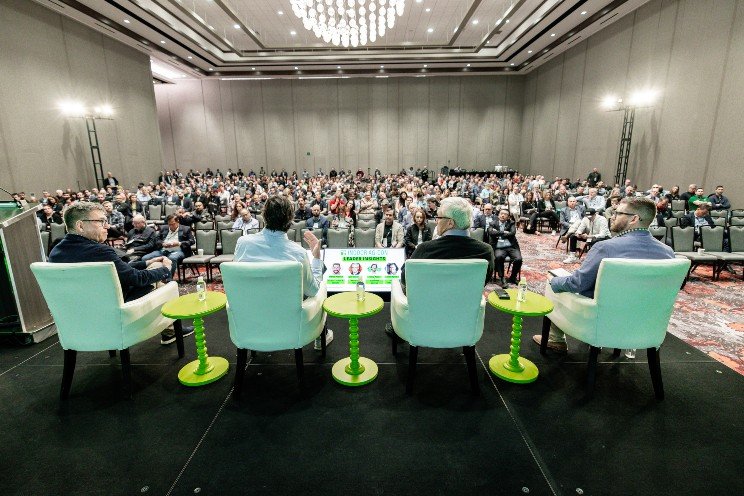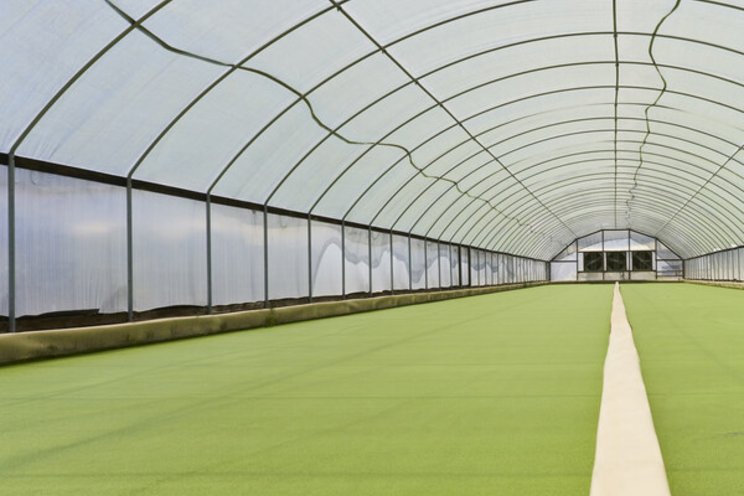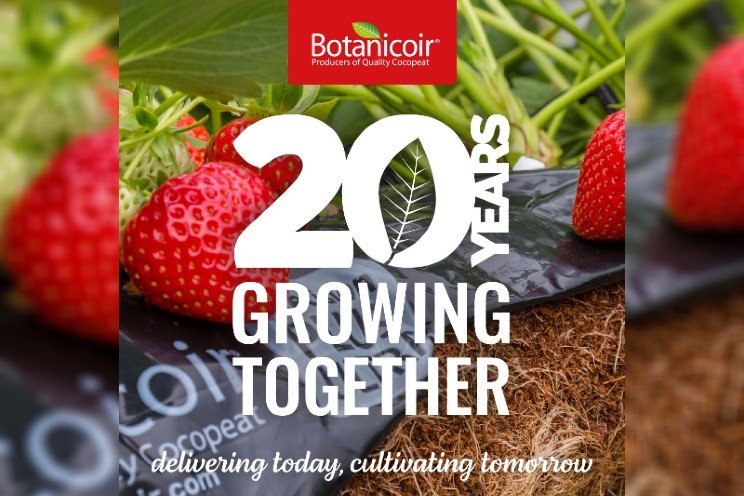Pilot project to make closed-loop VF an everyday reality
Added on 03 May 2022

Combine the two phenomena, and today, we find many cities with struggling local economies, an excess of vacant industrial buildings, and a lack of control over their food supply.
As such, we now see many cities around the world embracing urban agriculture and vertical farming as a means of combating these challenging economic headwinds. And while there are countless benefits to localized production via vertical farming, there are still many challenges when it comes to deploying vertical farms at such a scale where they could make a meaningful difference to local economies.
Setting up the vertical farming system on-site in the City of Glens Falls; image sourced from Re-Nuble
These include: high initial start-up costs that often dissuade entrepreneurs and investors, high energy use that poses financial and environmental drawbacks, a reliance on mined inputs from distant sources such as fertilizers, and a lack of experienced indoor farm managers.
Editor's Note: This is the first post of a series in partnership with AgTech startup Re-Nuble on an innovative project launching in the city of Glens Falls, New York. It includes information derived from an interview between Agritecture and members of the Re-Nuble team: Tinia Pina, Founder & CEO, Riyana Zafira Razalee, Head Of Business Development & Strategy, and Josh Fabian, Project Farm Manager.
Image Courtesy of Agritecture
Source: Agritecture
More news
